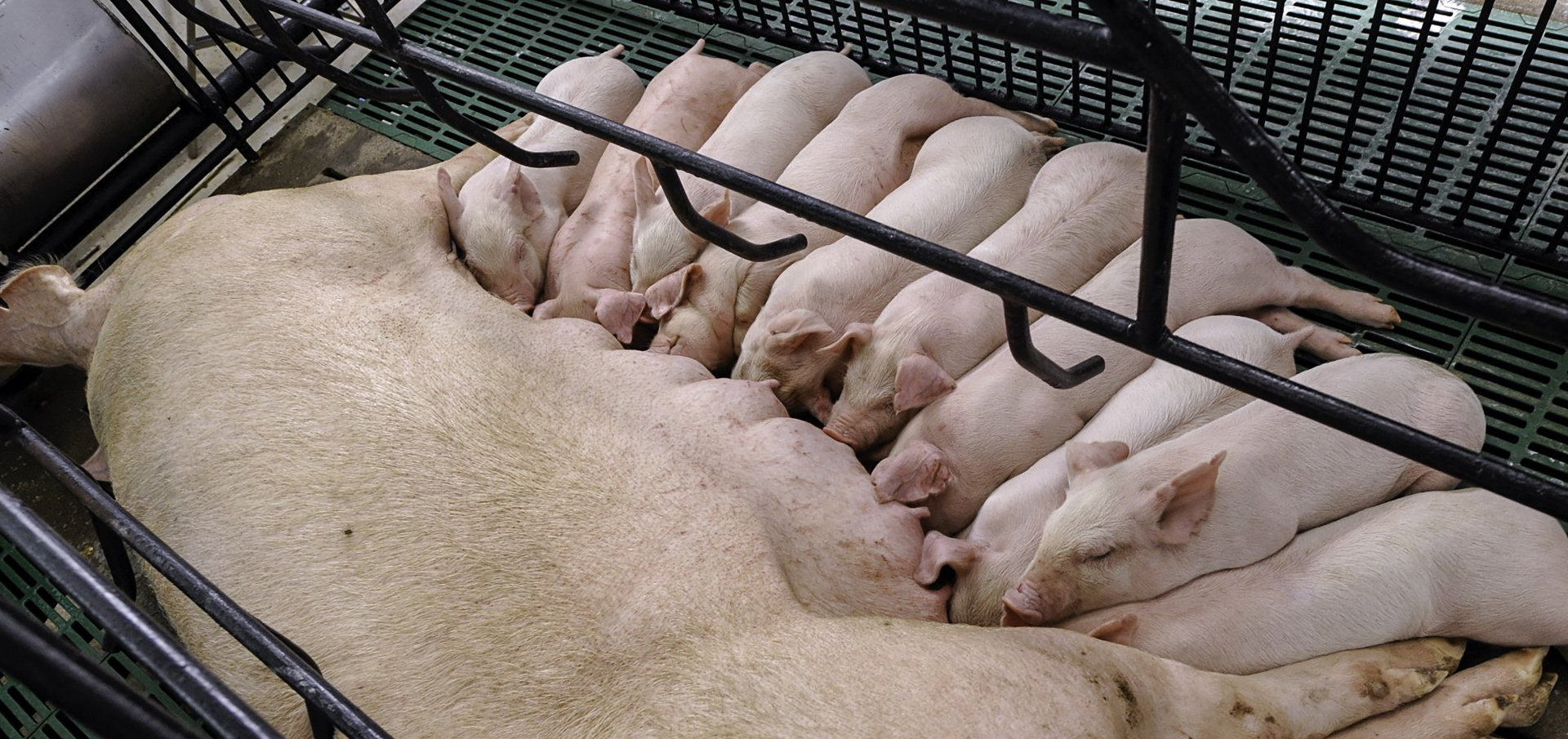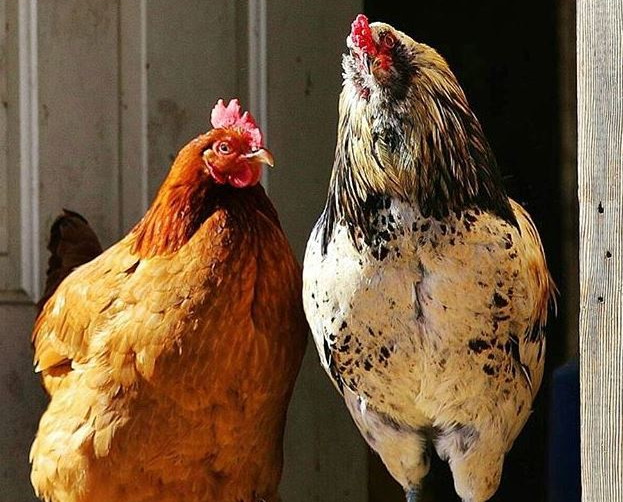-
Your cart is currently empty
Subtotal: C$0.00
Concentrated animal feeding operations (CAFOs), that have virtually taken over most livestock production today, are very disconcerting.

Concentrated animal feeding operations ( CAFOs ) are very disconcerting. They developed over time as a strategy for decreasing costs of production driven by a consumer demand for cheap food. To lure consumers into their stores, multinational corporations create price wars. This seriously affects what farmers are paid because corporations want to lower their input costs without affecting their bottom line. Instead they pay farmers less which then squeezes them to lower their costs of production per animal unit. Many resort to CAFOs because it's cheaper to grow 100,000 chickens in a barn than 20,000 because their overhead costs are spread out over more animals. An excellent website that clearly describes the effects that factory farming is having on our food system and the small family farm is The Meatrix .
This very educational and entertaining series of cartoons is based on the famous sci-fi movie The Matrix . It follows a young pig’s journey from living in a CAFO barn to becoming a freedom fighter against trans-national factory farms. It's definitely worth watching and telling all of your friends about. Ultimately it's up to the consumer to vote with their dollars to change our food system.
On TK Ranch the most important part of our meat program is animal welfare. Treating an animal with the utmost respect from birth to slaughter is our goal. We're third party audited to the highest pasture based animal welfare standards in North America. But what does that mean? It means that our cattle are born, raised, weaned and fattened on pasture and put never into a confinement feedlot. Our pigs are raised the same way. Our sows farrow outside on pasture with ample shelter and the piglets stay with them for several weeks. Once weaned, the pigs live and are fed on pasture until ready for slaughter. The lambs in our program are also born, weaned and fattened on pasture until slaughter. The chickens in our program are free-run inside a large barn and are give 3 to 5 times more space than certified organic birds raised under the same conditions.
In 2015 we built our own small on-farm government inspected abattoir to handle our beef, pigs and sheep with the utmost respect. They are not loaded onto trucks or processed by anyone other than our family and staff. We control everything and ensure the process always has animal welfare in mind. The colony that raises our chickens also built their own abattoir to ensure their chickens were were ethically handled one at time on-farm, not loaded into crates and shipped elsewhere.

Every time you go out for dinner or shop in your local grocery store, think about the long term sustainability of your buying choices. The only way that change will happen in the food industry is for consumers to vote with their dollars and support small local farms.
Food safety is a growing concern for many consumers. All we have to do is turn on the television or radio to hear about problems with the food system. Many of these problems have been created by the centralization of almost everything we consume into the hands of only a few large multi-national corporations.
One very clear example of this is the meat industry in Alberta. Few consumers realize that there are only two companies that ranchers can sell their animals to, JBS and Cargill . Both the JBS plant in Brooks and the Cargill plant in High River kill over 4,500 cattle each per day and their line speed, how quickly an animal can be slaughtered and processed, is the primary goal of these plants. It’s not difficult to understand how food safety problems can arise from this system. It's not only less humane for the animals but also for the people that are expected to work under these conditions. Eric Schlosser’s bestselling book Fast Food Nation: The Dark Side of the All American Meal details the problems that are created in the food system by these large trans-national companies. The factory farming system they've created to support growing consumer dependence on fast and over-processed foods is almost solely responsible for the loss of small family farms globally. Almost all of the meat that's consumed in Alberta has been processed by these two plants.